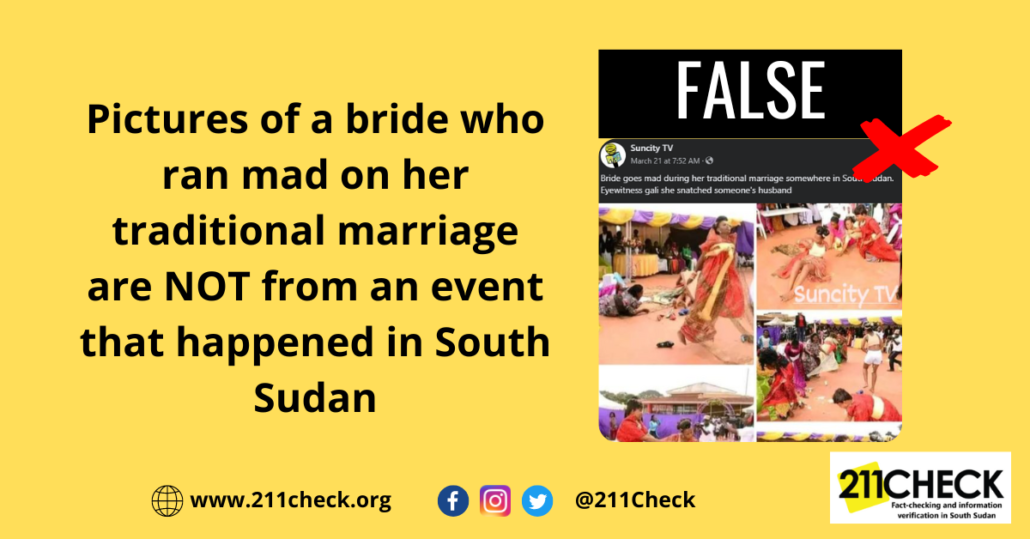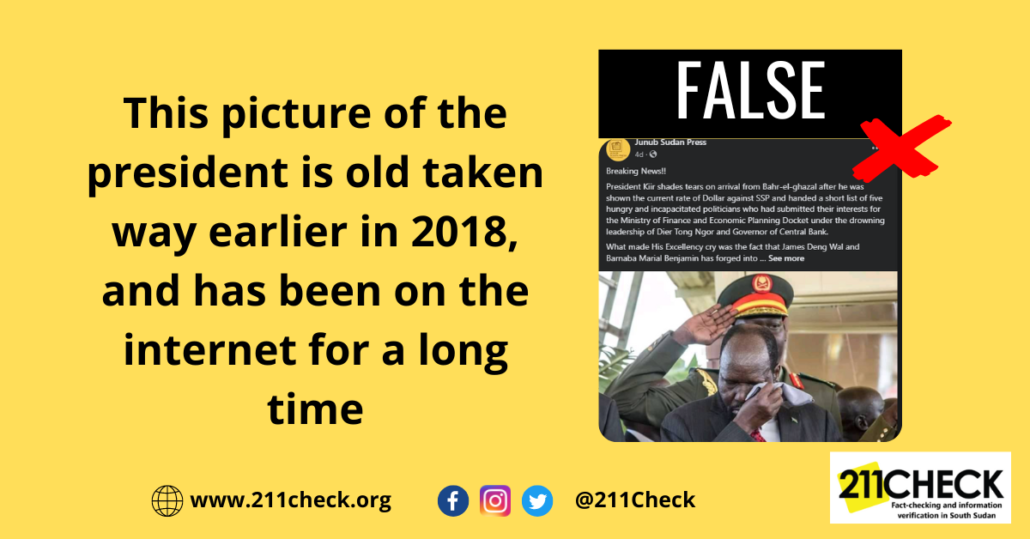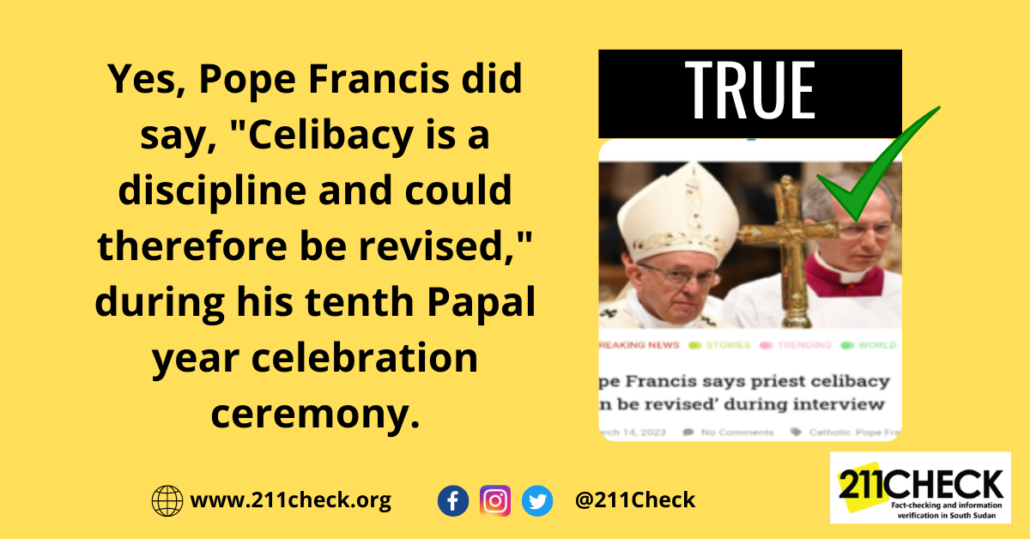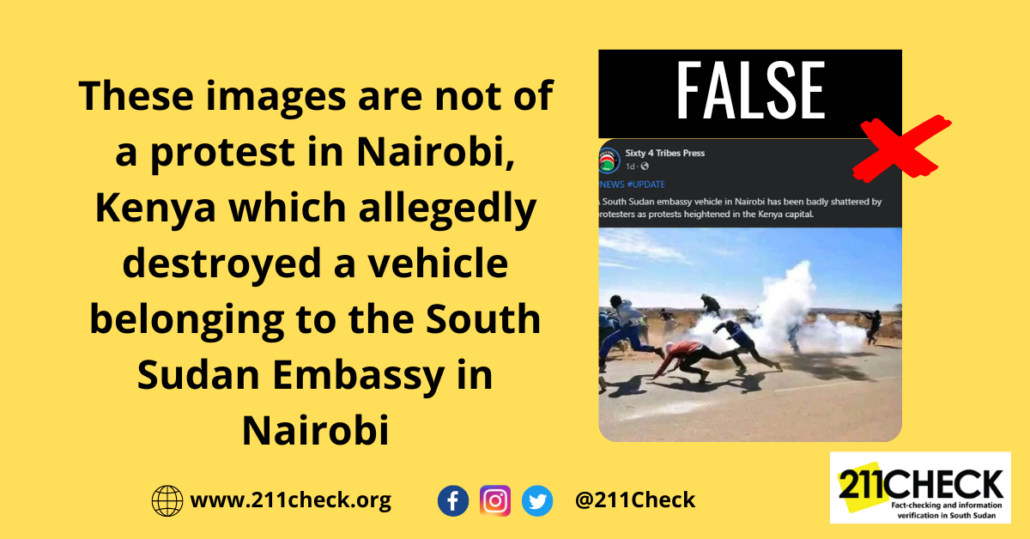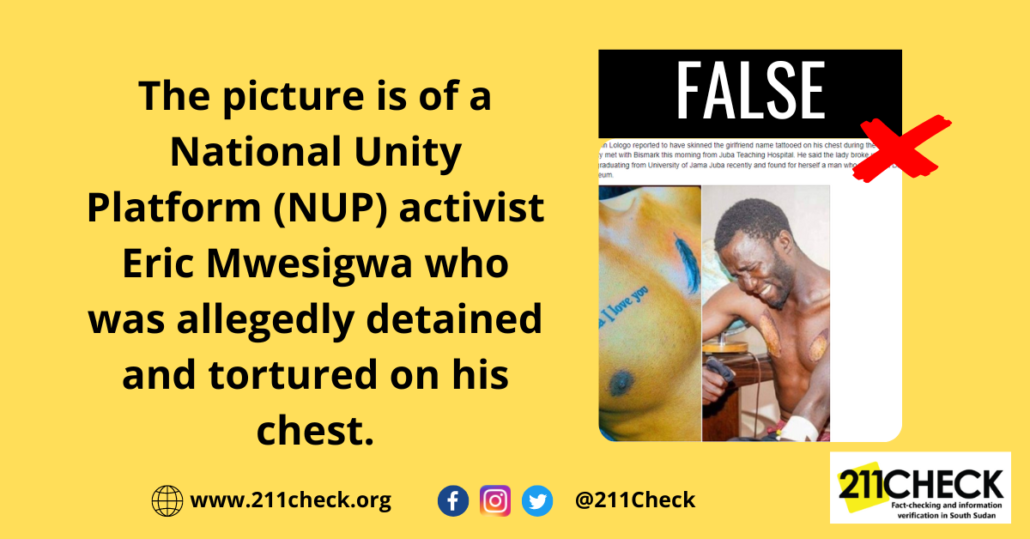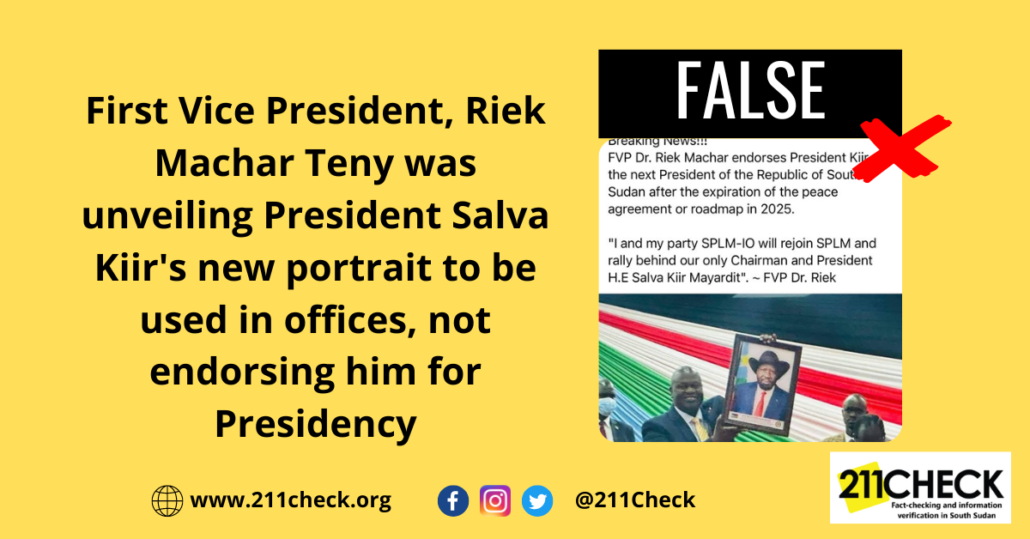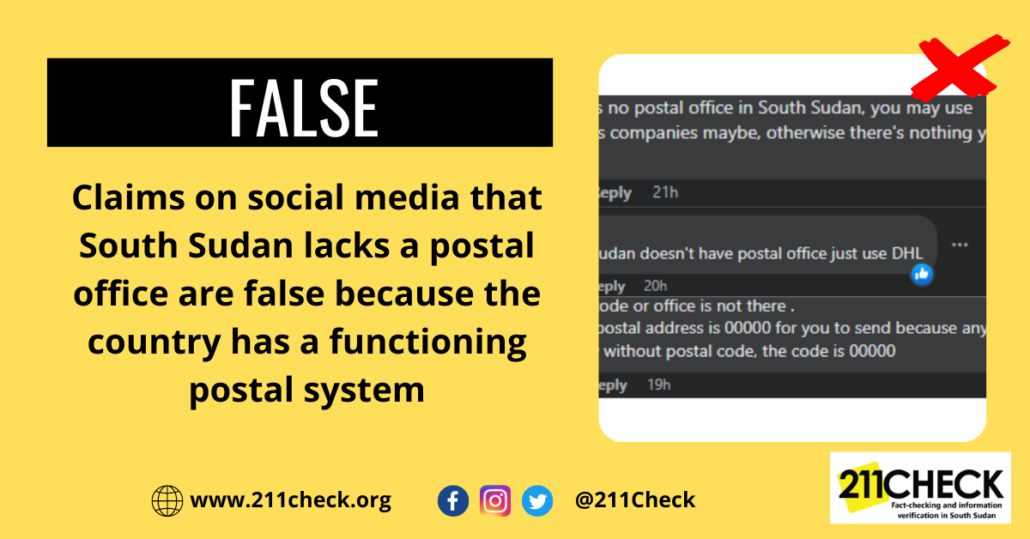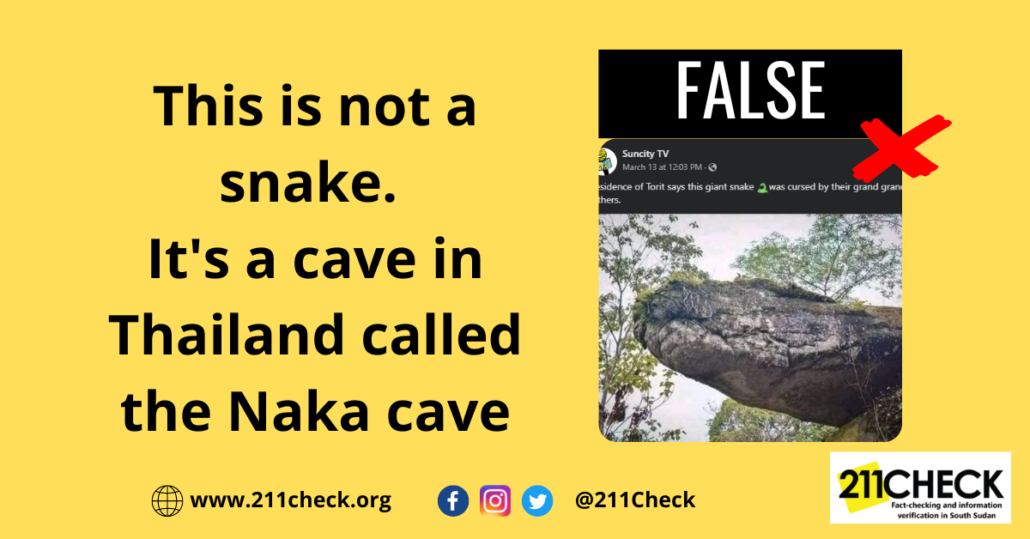Fact-check: Did NRA South Sudan publish a recruitment advert?
Yes, it’s true. Recently, the NRA advertised for multiple jobs, and they were all over the internet.
Writer: Rogers Louis
A copy of a job advertisement from the National Revenue Authority (NRA) surfaced on the internet (Facebook and WhatsApp groups) between 27th and 28th March 2023, announcing that the NRA calls for applications for several vacancies. The posts were first run on the NRA Facebook page with a caption.
NRA is hiring!
Visit the link below for more details.
All the best!
Investigation
When 211 check.org investigated the NRA South Sudan official website, it found out that the link provided on the https://nra.gov.ss/ website has the job advert.
Immediately the job advert was released to the public, it raised a lot of suspicions and concerns from the crowd because the number of jobs was so many and in a way or so people were doubting.
Secondly and most importantly, recently early this year, the internet was awash with similar job advertisements from NRA, which turned out to be fake. 211 Check Fact-checked early this year, and it saved a lot of people since then, many have been suspicious of such job alerts.
Here is the official NRA SS website https://nra.gov.ss/ you can visit and confirm the information, and there is a part for Careers whereby Vacancies are found or otherwise if they contract a third party to conduct the information and announce it.
By double-checking everything, investigate all the adverts and news surfacing online on Facebook, WhatsApp, and other websites. It must appear on at least many other websites, not only one, but claims which are scams can also lead to catastrophic results for example, when you press it, you will be directed to a different website and during the direction, your connection to a fake webpage your credentials are copied and sent to the hacker by the (Virus/Warm etc.), and it is hazardous because some sensitive personal information is stolen and shared or sold to the highest bidder and as a result may be some bank accounts will have some amount withdrawn or email or Facebook account will be hijacked, and you will be requested to pay a ransom (Ransomware).
Conclusion:
The above analysis found that NRA South Sudan advertised the jobs, and on many occasions, they came out to encourage the public to apply.
It is always good to be vigilant and cautious while online. The internet is full of both safe and dangerous information. Having basic fact-checking and verification skills is necessary and paramount for everyone.
Fight misinformation in mainstream and alternative media by not being a victim of fake news. Refrain from sharing content you are unsure about or don’t know where it comes from to prevent spreading false information. For more information on our fact-checking process, visit https://211check.org/ or send us a WhatsApp message at +211 917 298 255 to present a claim. Our team will fact-check it and respond promptly. #FactsMatter


